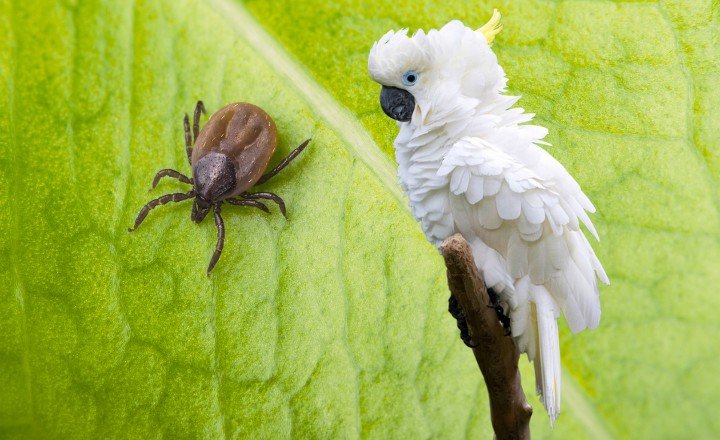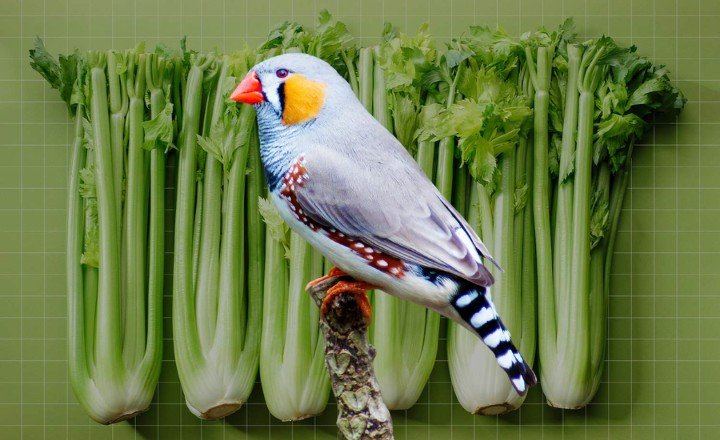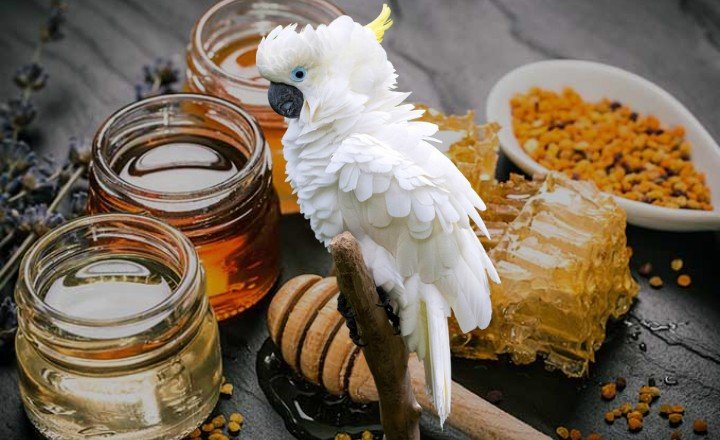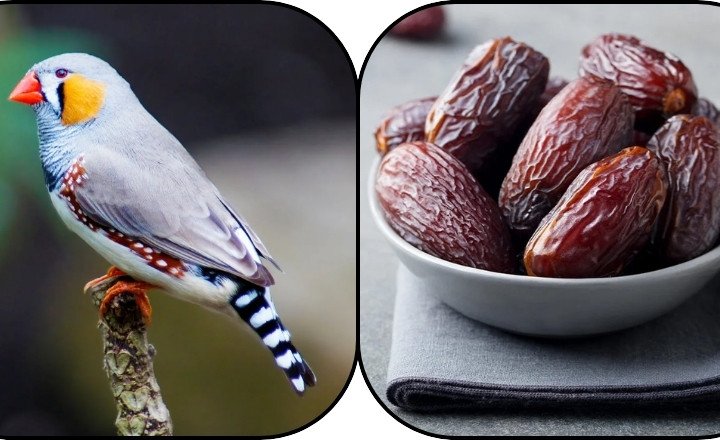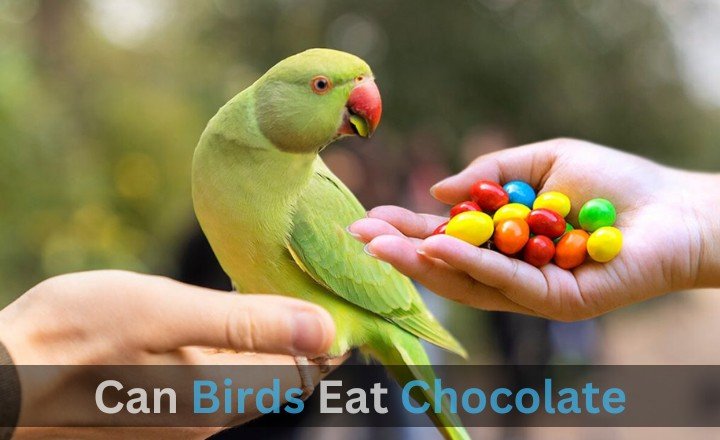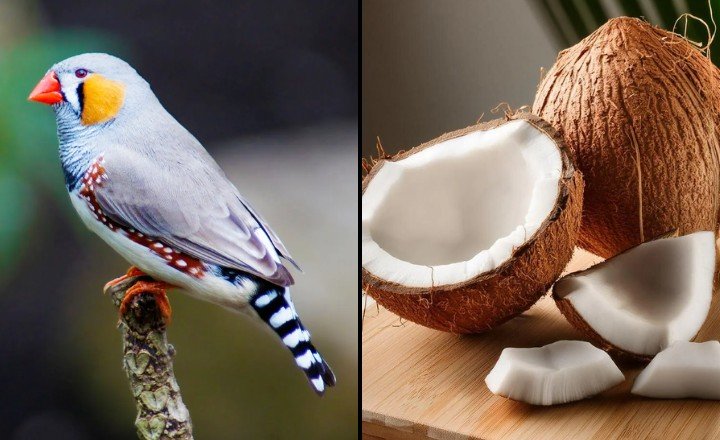Can Birds Eat Ticks? Is It Something to Avoid For the Birds?
As a birdwatching enthusiast, I’ve spent countless hours observing these feathered marvels flit through the trees and soar across the sky. Yet, amidst their stunning beauty and melodious songs, I often ponder the question, can birds eat ticks? These tiny, blood-sucking parasites seem to thrive in our backyards and parks, leaving many concerned about their impact on our feathered friends.
In this article, we explore the relationship between birds and ticks, uncovering whether these winged wonders can indeed help keep our outdoor spaces tick-free while enhancing our appreciation for them even further.
What are the Ticks?
Ticks are small, blood-feeding parasites that belong to the arachnid family, sharing more in common with Spiders than insects. Often overlooked due to their tiny size no larger than a Sesame Seeds ticks can carry a range of diseases that affect both humans and animals. While many people associate ticks with rural or wooded areas, they can thrive in urban settings as long as there is adequate vegetation and wildlife nearby. This adaptability has raised concerns about the increasing incidence of tick-borne illnesses across diverse ecosystems.
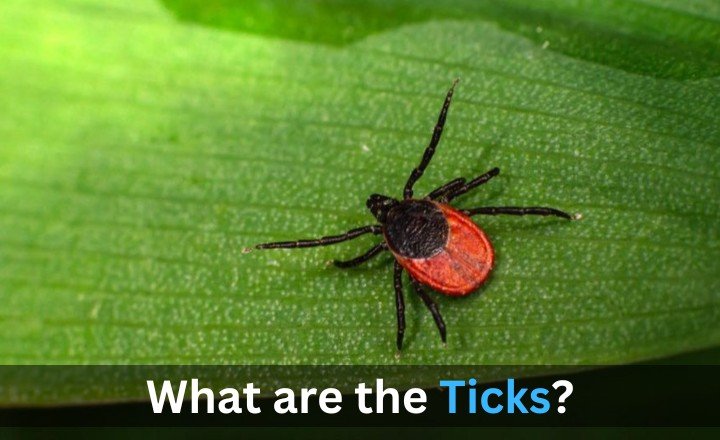
Tick populations are changing in response to factors such as climate change and land use patterns. Warmer temperatures not only expand their geographical range but also increase their reproductive rates, leading to burgeoning populations in areas once considered low risk. As these trends unfold, public health initiatives are increasingly focusing on education and prevention strategies to combat the risks associated with ticks.
Can Birds Eat Ticks?
When it comes to the question of whether birds can eat ticks, the answer is more complex than a simple yes or no. While many birds play an essential role in controlling insect populations, ticks are not a part of their diet. Certain species, particularly those that forage low to the ground like American robins and mockingbirds, may consume these blood-feeding parasites if they happen upon them during their food search.
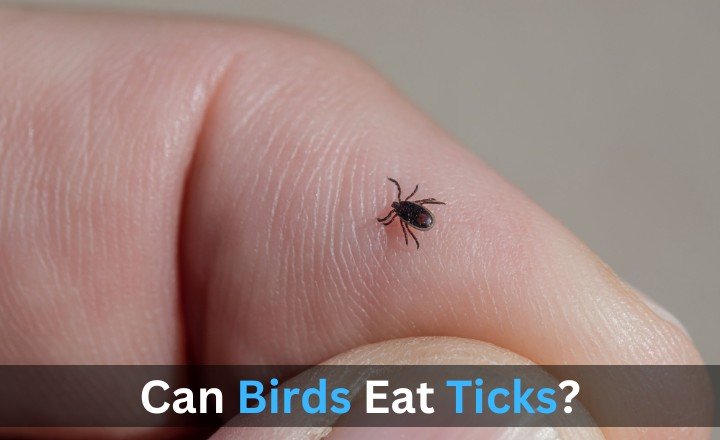
This behavior illustrates a fascinating aspect of avian adaptability, given the opportunity, some birds might just add ticks as an unexpected snack from time to time. This dynamic extends beyond just dietary choices. In areas like Florida, where both bird and tick populations thrive due to favorable climates, understanding these interactions can shed light on ecosystem health.
Rice Cakes often used as a human snack could also provide insight into bird diets, when choosing your next outdoor treat in Florida’s natural landscape, consider what creatures nearby might be snacking on too! By supporting local wildlife and keeping our environments clean from harmful pesticides that decimate bird populations while leaving diseases like Lyme disease proliferating among ticks, we take active steps toward sustaining ecological balance.
Are Ticks Dangerous For the Birds?
In Michigan‘s diverse ecosystems, ticks are often dismissed as mere nuisances, yet their presence poses significant concerns for the avian population. For Hawks, which become prey hunters in wooded areas or grasslands, these small parasites can harbor a range of pathogens that threaten their health.
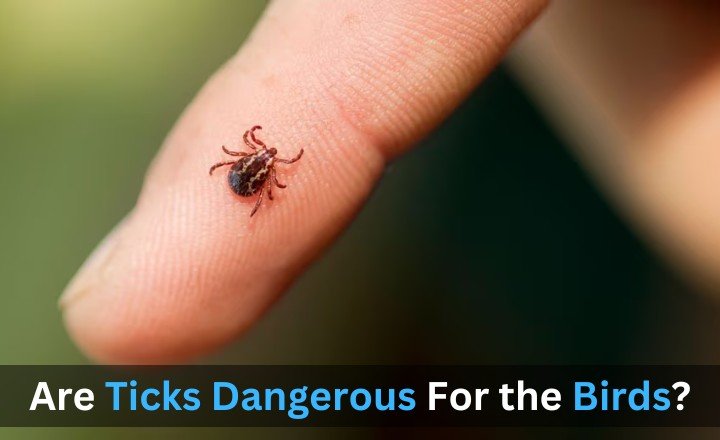
Birds ingesting ticks while preening or consuming infested smaller creatures may inadvertently expose themselves to diseases like Lyme disease and anaplasmosis. The repercussions extend beyond the individual bird, a decline in hawk populations could disrupt local food chains and create imbalances that affect various species within the ecosystem.
Understanding the dynamic between birds and ticks unveils broader ecological implications. As climate change alters habitats and tick populations rise due to increased temperatures and humidity, hawks may face heightened risks while hunting a phenomenon not commonly addressed in wildlife studies.
Advantages of Ticks For the Birds
Ticks often evoke a negative image due to their role as parasites, but for many birds, these small arachnids serve an unexpected purpose. In Illinois, various bird species have adapted to actively seek out ticks as a food source. This relationship not only helps control tick populations but also provides essential nutrients that promote the overall health of avian diets. Birds like wrens and sparrows cleverly incorporate ticks into their feeding habits, allowing them to thrive in environments where they may otherwise struggle with limited food options.
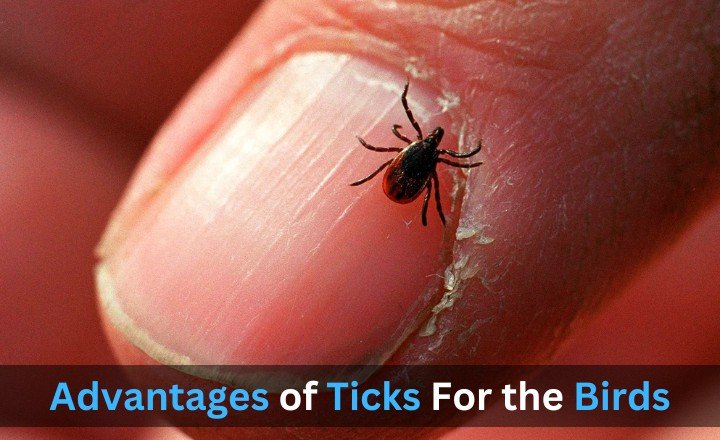
Beyond immediate nutritional benefits, the consumption of ticks can contribute to the ecological balance within their habitats. By preying on these pests, birds inadvertently assist in maintaining healthy ecosystems by regulating tick populations that could otherwise surge unchecked.
Disadvantages of Ticks For the Birds
Ticks pose significant threats to bird populations, adversely affecting their health and survival. These blood-feeding parasites can reduce the physical condition of birds by draining vital nutrients, making them more susceptible to diseases and diminishing their reproductive success. Infected birds often exhibit weakened immune responses, leaving them vulnerable not only to other pathogens carried by ticks but also to general environmental stresses.
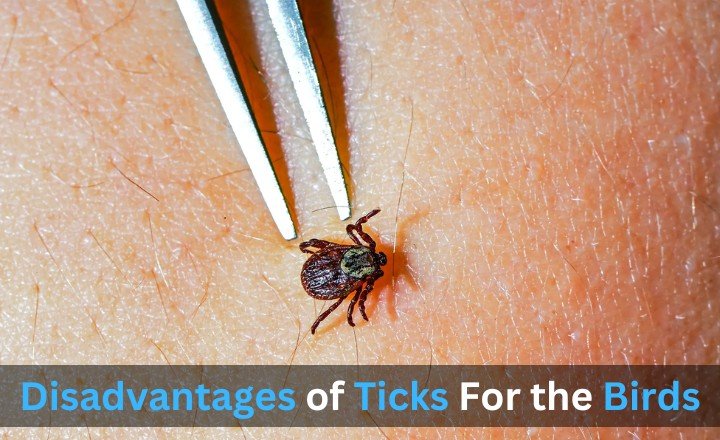
Ticks can disrupt migratory patterns in some species. As birds become infested or ill due to tick-borne illnesses, they may find themselves unable to complete long migrations essential for breeding and feeding. This disruption can have cascading effects on ecosystems since many bird species play crucial roles in pollination and pest control.
Tips For the Bird Owners
Bird owners often overlook the crucial role ticks play in their pets’ health and well-being. While many people might shy away from discussing these tiny pests, understanding their impact can be essential for fostering a thriving avian environment. Birds are natural tick hunters, and allowing them access to a suitable outdoor space can significantly aid in controlling tick populations around your home. Supervision is key to ensuring that your feathered friend doesn’t wander into contaminated areas will help maintain their health.
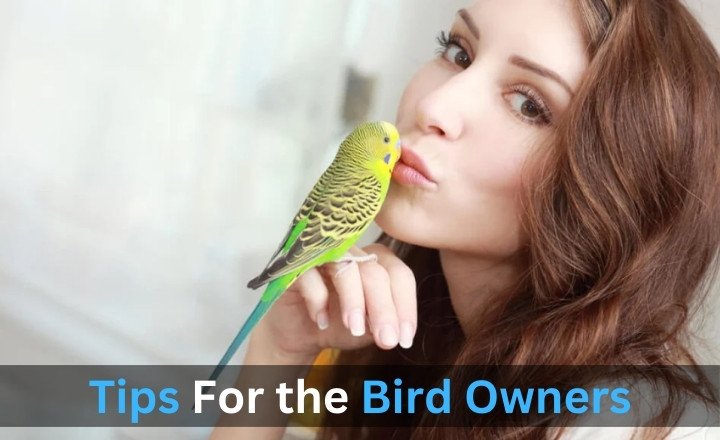
Concluding Thoughts on ‘Can Birds Eat Ticks’
While birds can indeed consume ticks and offer a potential natural solution to controlling tick populations, the extent of their effectiveness varies among species and ecological contexts. Many birds play a crucial role in maintaining the balance of ecosystems by preying on these pests, which can help reduce the risk of tick-borne diseases. It is essential to recognize that relying solely on birds for tick control may not be sufficient an integrated approach that includes habitat management and preventive measures is necessary.
FAQs
What Animal Eats the Most Ticks?
In the battle against ticks, one unsuspecting hero emerges the opossum. These nocturnal marsupials are often misunderstood and overshadowed by cuter critters, but they play a vital role in controlling tick populations.
What is the Best Animal to Get Rid of Ticks?
When it comes to the best animal for tick control, one of the most effective options is the guinea fowl. These quirky birds are not only entertaining to watch but also possess a remarkable talent for hunting downticks.
Do Birds Eat Ticks in Canada?
In Canada, the connection between birds and ticks is an intriguing aspect of the ecosystem that often goes unnoticed. Numerous bird species, such as wild turkeys, blue jays, and even certain sparrows, have been observed foraging in areas where ticks thrive.

